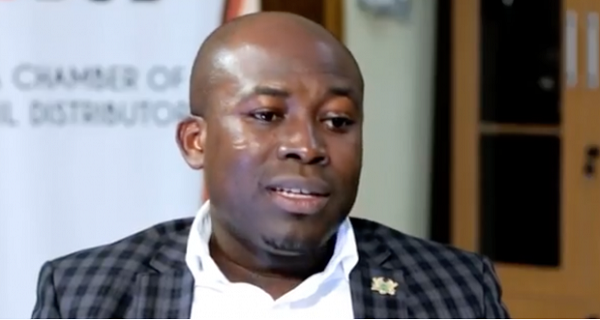
Ghana lost GH¢1.8 billion in petroleum sector last year
Ghana lost GH¢1.8 billion through illicit trade activities in the petroleum sector last year, a 2017 industry report on the petroleum sector has revealed.
About GH¢1.4 billion of that amount was lost through smuggling and export dumping, while about GH¢339.2 million and GH¢148.9 million were lost to unreported Energy Sector Levy Act (ESLA) receipts and transfer pricing, respectively.
Event
The report, which was launched in Accra yesterday by the Chamber of Bulk Oil Distributors (CBOD), indicated that the illicit trade by criminal elements and other related factors had made legitimate businesses suffer some economic losses.
Stakeholders in the industry have, therefore, called for stringent measures to clamp down on the activities of the illicit traders to save the petroleum sector.
The stakeholders include the Association of Oil Marketing Companies (AOMC) and the Chamber of Petroleum Consumers (COPEC).
Claims
The Chief Executive Officer (CEO) of the CBOD, Mr Senyo Hosi, who presented the report, claimed that there was collusion between some top political figures and informants among the industry players who perpetrated those illicit activities.
“The reports that we get show that officials of the National Security, the Customs Division of the Ghana Revenue Authority (GRA), operatives at the Presidency and other government agencies are involved in this criminality.
“The perpetrators are very well bedded in the political system and so they always have their way, irrespective of the government in power,” he alleged.
Mr Hosi, therefore, called for a public and independent audit committee to look into the allegations, stressing that the earlier that was done, the better, since the illicit trade compromised the quality of petroleum products and thereby denied the country of the needed revenue.
Support
The Minister of Energy, Mr Boakye Agyarko, who launched the report, canvassed for support from all entities in the petroleum industry to flush out those criminal elements.
"I know that it is only ghosts and thieves who operate in the night, but if we have some criminals who are perpetrating illegalities in the petroleum sector, mainly in the night, we need to clamp down on them," he stated.
He disclosed that a number of policies were being implemented to sanitise the petroleum downstream sector.
“The Cabinet has directed that a petroleum downstream Ghanaian content committee be established under the National Petroleum Authority (NPA), comprising five members drawn from the public and the private sectors.
“The committee shall supervise, coordinate, administer and manage the development of the Ghanaian content in the downstream,” he said.
Mr Agyarko added that a draft report on an infrastructure master plan and road map on finished petroleum products had been completed and would be submitted to the Cabinet for approval.
“The Ministry of Energy has also prepared a draft national fuel quality policy to provide the framework for the development of guidelines, standards and regulations on the quality of petroleum products produced in or imported into the country,” he said.
According to him, the policy would ensure that the quality of petroleum sold to consumers met quality standards.
Diligence
The CEO of the NPA, Mr Hassan Tampuli, said the authority had commenced processes to review the licensing regime for all industry players.
He said by the time the process was completed, some licences would be merged, while others would be collapsed .
“We are putting all these structures in place to crack down on criminal elements and ensure that recalcitrant under-declarers of taxes are dealt with.
“If the criminal elements have become birds that fly without perching, our systems will also make us hunters who shoot without failing,” the CEO stated.
He urged all industry players to adhere strictly to the regulations on safety at all levels of the value chain to prevent accidents, especially at points of sale.
